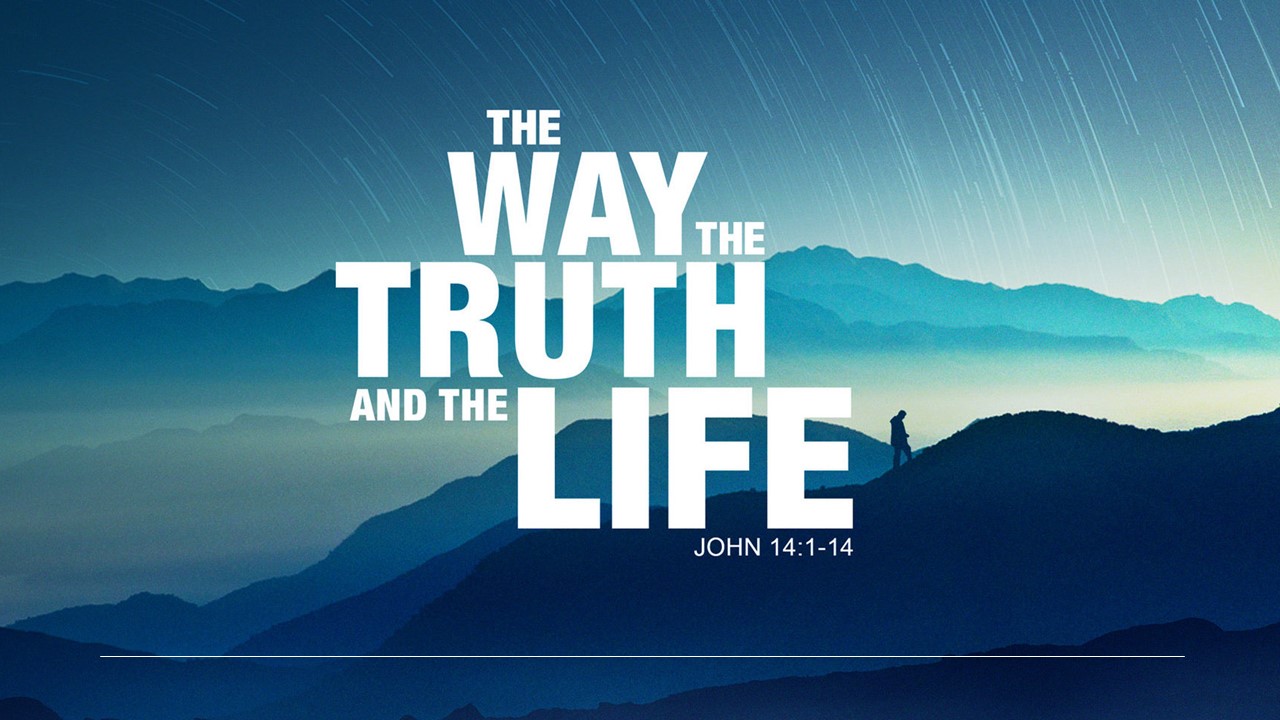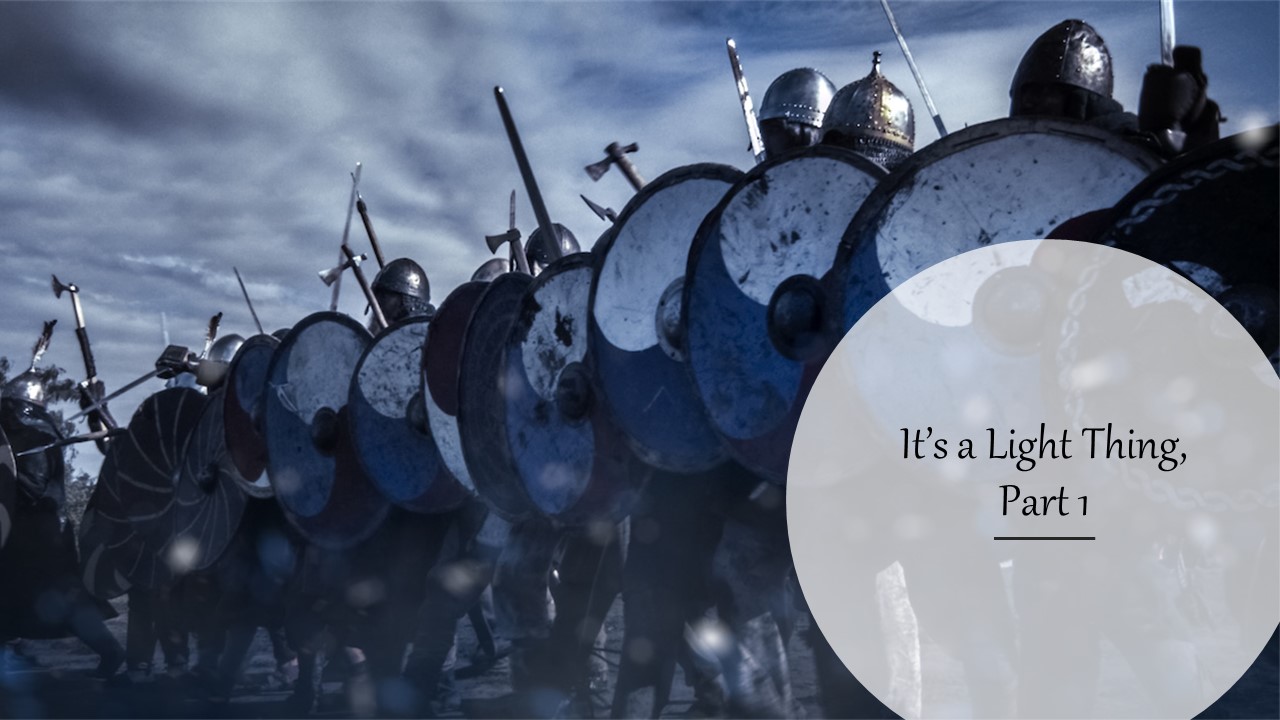Music has a unique ability to help us process and respond to the impact of sin in our lives. From David’s heartfelt cries in Psalm 51 to modern hymns like Amazing Grace, music serves as a bridge between our brokenness and God’s redemptive promises. It allows us to express emotions such as guilt, sorrow, and hope while directing our hearts to the truth of God’s love and forgiveness.
In addition to emotional expression, music facilitates theological reflection. Songs that detail the cost of sin and the beauty of Christ’s sacrifice, such as How Deep the Father’s Love for Us, imprint eternal truths on our hearts. Instrumental music, too, creates sacred spaces for quiet contemplation, helping us meditate on God’s grace without distraction.
Finally, music offers a pathway to healing and restoration. Like many psalms, worship songs often transition from lament to praise, mirroring the journey from brokenness to redemption. Through music, we not only acknowledge sin’s impact but also celebrate the triumph of Christ, whose victory over sin and death allows us to join in the eternal song of His glory and grace.

Today we explore what the Gospel of John has to say about the guidelines for abundant living. In John 4:23-24, Jesus says that the...

Barabbas is mentioned in all four gospels of the New Testament: Matthew 27:15–26; Mark 15:6–15; Luke 23:18–24; and John 18:40. His life intersects that...

Today we begin the first in a five-part series based on a story found in 2 Kings 3:1-25. The story is about how God...